

2018-05-03 07:34:00 Thu ET
technology antitrust competition bilateral trade free trade fair trade trade agreement trade surplus trade deficit multilateralism neoliberalism world trade organization regulation public utility current account compliance
Sprint and T-Mobile propose a major merger in order to better compete with AT&T and Verizon. This mega merger is worth $26.5 billion and involves an all-stock deal that exchanges 9.75 Sprint shares for each T-Mobile share. The bipartite company retains the T-Mobile name, keeps its CEO John Legere, and encompasses about 120 million subscribers. This merger carries about $146 billion enterprise valuation with debt in comparison to $313 billion Verizon enterprise value and $334 billion AT&T enterprise valuation. The latter telecom titans invest in substantial fiber-optic, wireless telecom, telephone, can cable television operations.
Joining forces would allow the company to build out a 5G wireless network in direct competition with AT&T and Verizon. This new merger clears the cloudy practices that may harm consumer benefits in the prior M&A attempt back in 2014. T-Mobile and Sprint suggest that times have changed a great deal since 2014 since several companies such as Comcast now enter the mobile business. Moreover, the White House advocates that 5G wireless communication technology is crucial for national economic security reasons. Many stock analysts now consider this mega merger to take place with a 50%+ chance of regulatory approval.
If any of our AYA Analytica financial health memos (FHM), blog posts, ebooks, newsletters, and notifications etc, or any other form of online content curation, involves potential copyright concerns, please feel free to contact us at service@ayafintech.network so that we can remove relevant content in response to any such request within a reasonable time frame.
2018-06-17 10:35:00 Sunday ET

In the past decades, capital market liberalization and globalization have combined to connect global financial markets to allow an ocean of money to flow th
2019-07-17 12:37:00 Wednesday ET
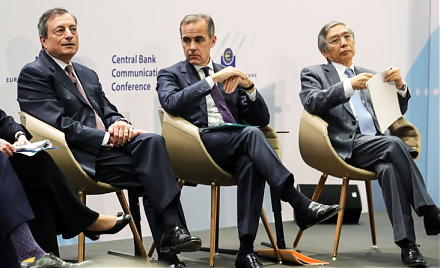
Gold prices surge above $1400 per ounce amid global trade tension and economic policy uncertainty. Both European Central Bank and Bank of Japan may consider
2017-11-13 07:42:00 Monday ET
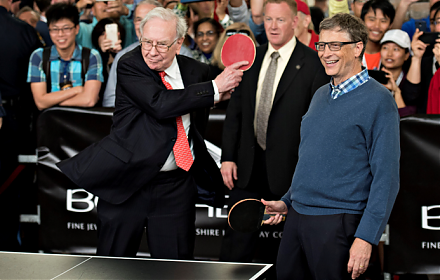
Top 2 wealthiest men Bill Gates and Warren Buffett shared their best business decisions in a 1998 panel discussion with students at the University of Washin
2019-08-28 14:46:00 Wednesday ET
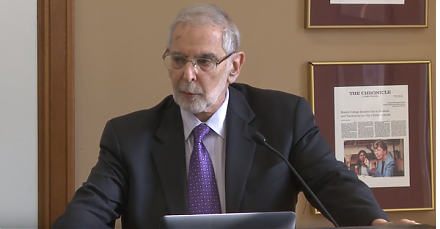
Santa-Barbara political economy professor Benjamin Cohen proposes new fiscal stimulus to complement the current low-interest-rate monetary policy. Cohen fin
2019-08-04 08:26:00 Sunday ET
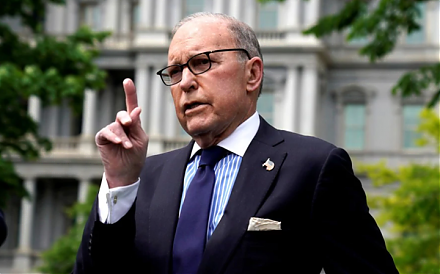
U.S. and Chinese trade negotiators hold constructive phone talks after Presidents Trump and Xi exchange reconciliatory gestures at the G20 summit in Japan.
2018-01-23 06:38:00 Tuesday ET
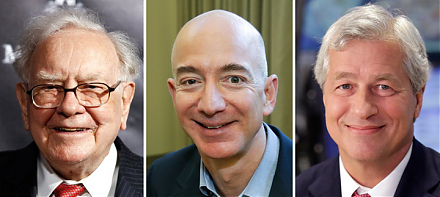
Amazon, Berkshire Hathaway, and JPMorgan Chase establish a new company to reduce U.S. employee health care costs in negotiations with drugmakers, doctors, a